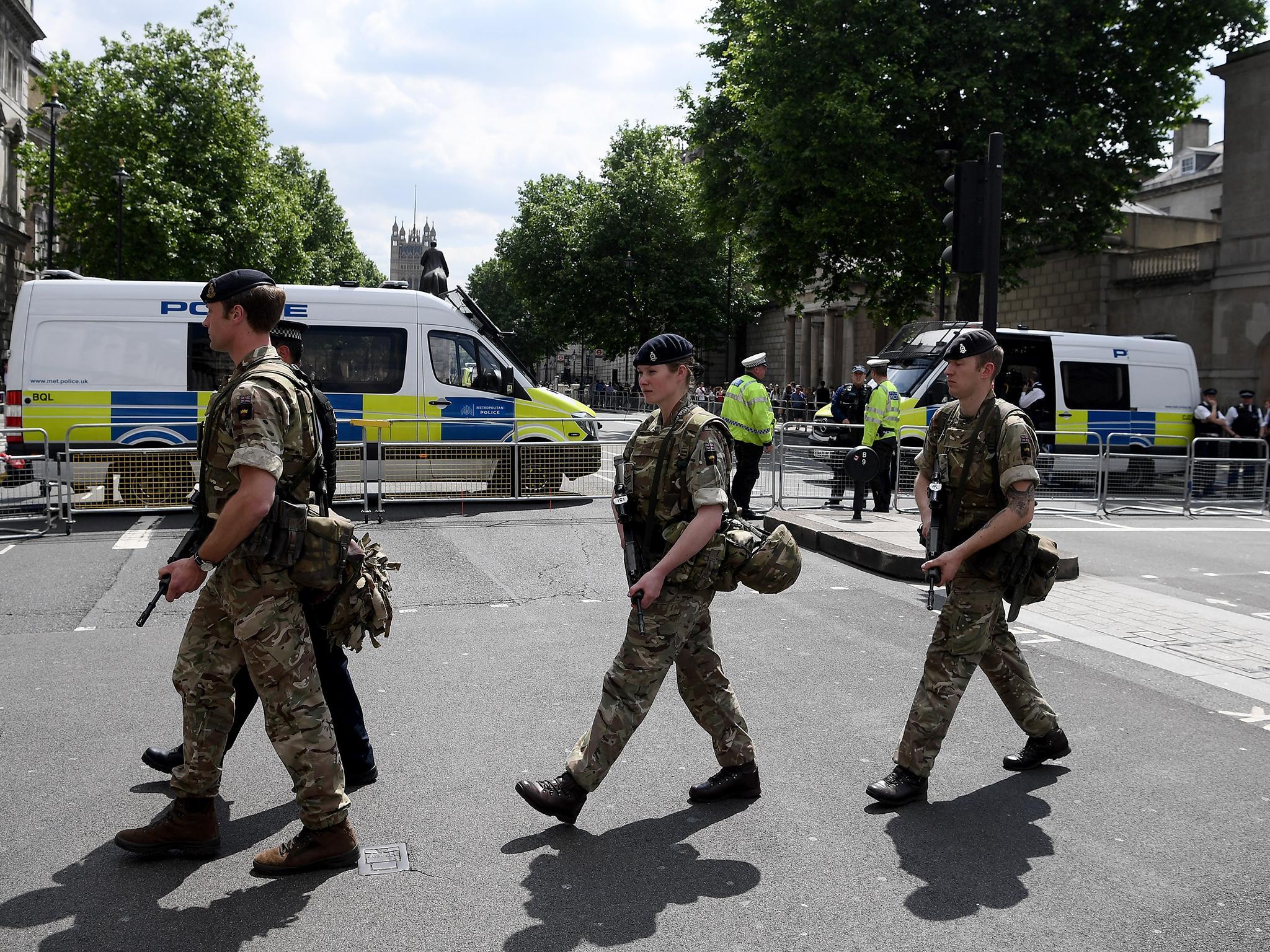MI5 could have stopped the Manchester terror attacks, but intelligence will always be imperfect
The ‘learning points’ identified in Anderson’s report reflect an understanding on the part of MI5 and anti-terror police officers that the changing nature of the terrorism threat requires new responses

Your support helps us to tell the story
From reproductive rights to climate change to Big Tech, The Independent is on the ground when the story is developing. Whether it's investigating the financials of Elon Musk's pro-Trump PAC or producing our latest documentary, 'The A Word', which shines a light on the American women fighting for reproductive rights, we know how important it is to parse out the facts from the messaging.
At such a critical moment in US history, we need reporters on the ground. Your donation allows us to keep sending journalists to speak to both sides of the story.
The Independent is trusted by Americans across the entire political spectrum. And unlike many other quality news outlets, we choose not to lock Americans out of our reporting and analysis with paywalls. We believe quality journalism should be available to everyone, paid for by those who can afford it.
Your support makes all the difference.The report by David Anderson QC into the four terror attacks to have hit London and Manchester this year is an important piece of work.
Based as it is on Anderson’s assessment of nine internal reviews conducted by MI5 and counter-terrorism police, it will garner headlines primarily for what it says about the missed chances to prevent the Manchester Arena bombing in May. Those who have been left bereaved as the result of Salman Abedi’s murderous actions will find Mr Anderson’s conclusion – that the assault might have been averted if “the cards had fallen differently” – hard to bear.
It was already known that Abedi had been a “subject of interest” to MI5 in the past. David Anderson’s report goes further in describing how the security services had twice received intelligence about Abedi, the significance of which was “not fully appreciated”. Mr Anderson, who was formerly the UK’s independent reviewer of terrorism legislation, concludes that “in retrospect” the intelligence can be seen to have been highly relevant to the attack.
What’s more, since Abedi was not the subject of a port alert he was not questioned when he returned to Britain from Libya just four days before he committed mass murder.
Plainly, then, there are lessons to be learned for the future. And it is reassuring at least that the key security agencies appear genuinely open to doing so. Not only have they carried out reviews that David Anderson concludes were thorough and relevant, it is plain that the reviews have led to concrete proposals for improving working practices. That all this should have happened within months of the attacks taking place is commendable, even if for those who have lost loved ones it will be of little comfort.
Of course, Mr Anderson is right to highlight the fact that intelligence is always imperfect. His report reminds us as well that the number of people living in this country who have been subject to MI5 investigation since 2009 is in the region of 20,000. It is inconceivable that so many individuals can be kept under surveillance indefinitely: indeed, it can potentially be counterproductive, both in terms of spreading the available resource too thinly and by pushing people who would otherwise not pose a continued threat into the arms of radicalism.
In the past four years, 20 Islamist-inspired plots have been disrupted by the authorities; six of those have resulted in criminal convictions for would-be terrorists. That is evidence of the effectiveness of the authorities’ anti-terror strategies in the face of a threat that is not only judged to be severe but is on a scale that continues to grow. Yet it is impossible to conclude that every plot can be thwarted, as has been grimly demonstrated by events since March.
Still, it is notable that the list of “learning points” identified in Mr Anderson’s report is relatively lengthy, which reflects perhaps an understanding on the part of MI5 and anti-terror police officers that the changing nature of the terrorism threat requires new responses. In that spirit, Mr Anderson’s own proposals deserve to be given due weight by the agencies to which they apply.
Some of his recommendations are obvious and relate to the reinforcement of existing efforts – for instance, in tackling the challenges posed by encryption. More surprising is Mr Anderson’s focus on the need for better sharing of intelligence – not only between the usual agencies but also “beyond intelligence circles”.
That is a key point, underlining the broader role that neighbourhood policing teams, for example, could play in tackling activity, and national security implications than may immediately be apparent. Mr Anderson also points to increased cooperation with the private sector – citing the need to improve the detection of purchases of explosive precursors. He is right there too.
Importantly, Mr Anderson proposes an increased role for MI5 in tackling extreme right-wing terrorism; the aim being, he notes, “to ensure the equivalence of processes in analysing and dealing with all kinds of terrorism, irrespective of the ideology that inspires them”.
In the long run, this may be the report’s key recommendation, for it underscores the new reality in which the UK faces violent threats from several quarters. That does not mean ignoring the extreme Islamism which continues to inspire many to wish harm on British citizens, but recognising that terror can be wrought by people with very different – but equally destructive – philosophies.
Join our commenting forum
Join thought-provoking conversations, follow other Independent readers and see their replies
Comments